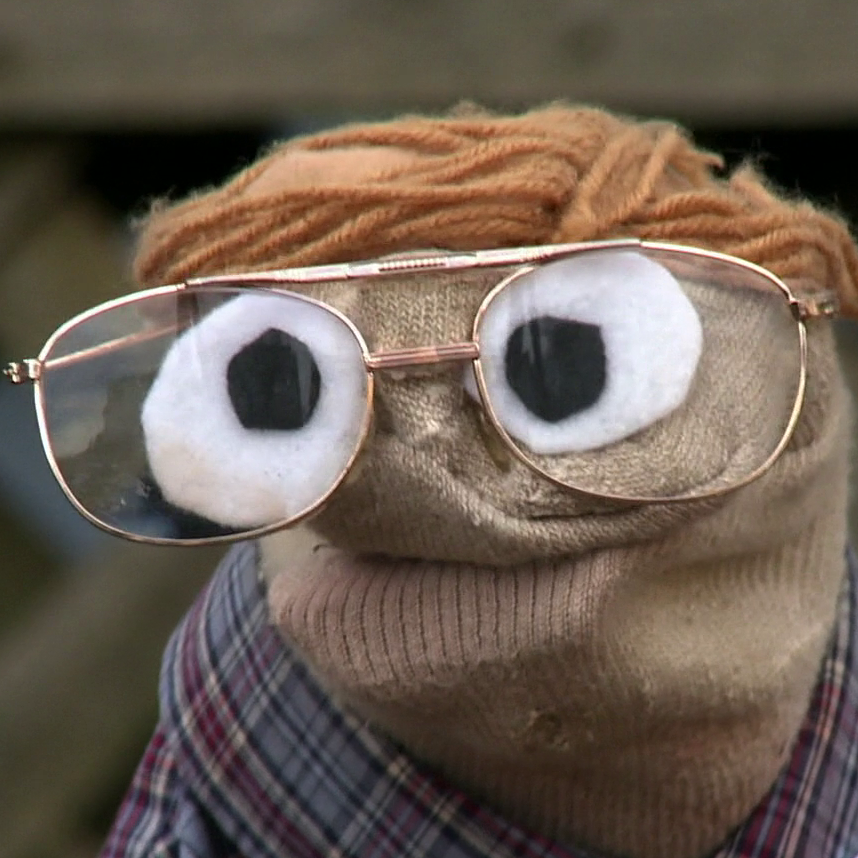The Super Game Boy has received a significant upgrade with the introduction of the Super Game Boy Plus, an unofficial enhancement developed by @BucketMouseBite. This new version addresses several limitations of the original Super Game Boy, which allowed Game Boy games to be played on the SNES but had a faster clock speed than the original Game Boy, affecting gameplay and compatibility with link cables.
it requires removing parts from an original Super Game Boy cartridge and attaching them to the new board.
I am in awe of the deep technical knowledge in the retro community. I just emulate things and am satisfied. Some take it to new heights, seemingly just because they can.
Someone help me understand the feature to lock a game to the cartridge - does this mean it copies the game data into the SNES cartridge so you don’t need the GameBoy cart anymore? If so, this could give Nintendo’s lawyers enough power to shut this project down, which would be very sad
No, it doesn’t copy the game data in the way you’re describing, anymore than a Game Genie would (it doesn’t either).
And anyway, this Nintendo lawyer fear is getting a little ridiculous in this community. ROM dumping for this kind of data is legal, at least in the United States.
Is it illegal to rip a game that you own onto a device that you own? My understanding is that’s 100% legal, not gray area at all. The only issue would be if you distributed it.
That’s what I’m getting at, Nintendo only needs the argument “this could be used to rip a game onto the cartridge, then distribute it” and US courts will bend over and grant them the DMCA strike
This argument would outlaw a USB flash drive, “Your Honor, this device can store the contents of this 30 old game, it needs to be outlawed to protect all intellectual property”
Your understanding is incorrect if copying involves circumventing encryption or other means of protecting the data. That said, it’s not an issue for the Game Boy or Super NES.
17 U.S. Code § 1201 - Circumvention of copyright protection systems
Well that’s interesting. It does say the law won’t override fair use. But I assume it blocks it regardless.




